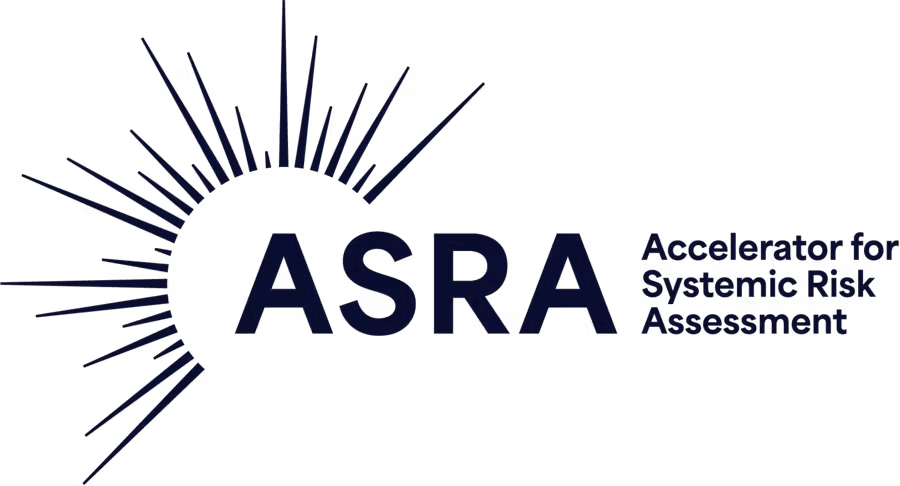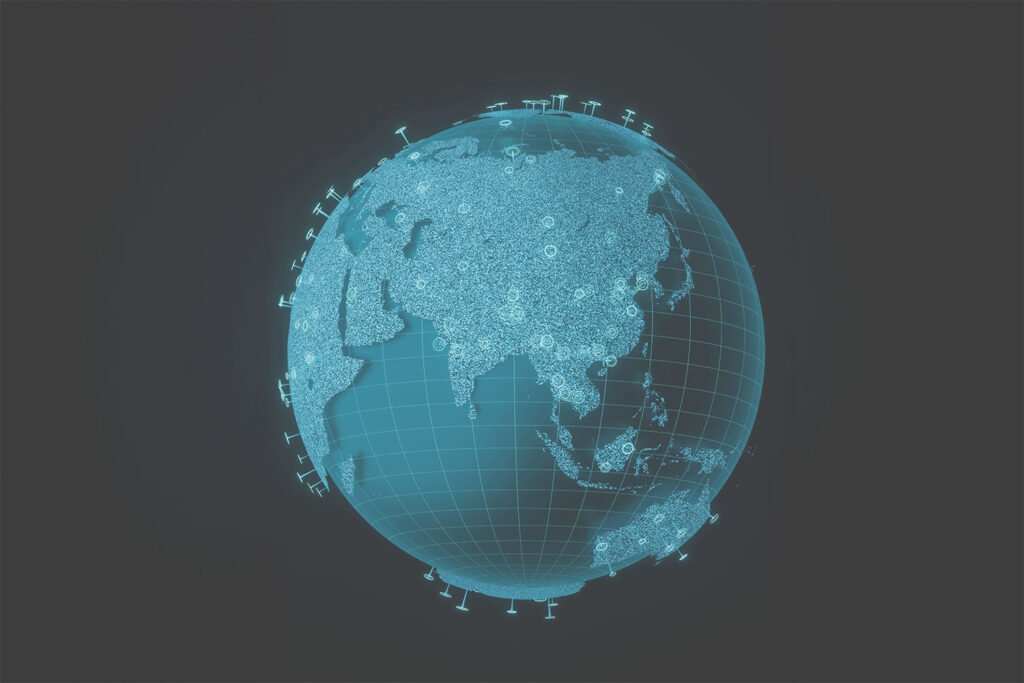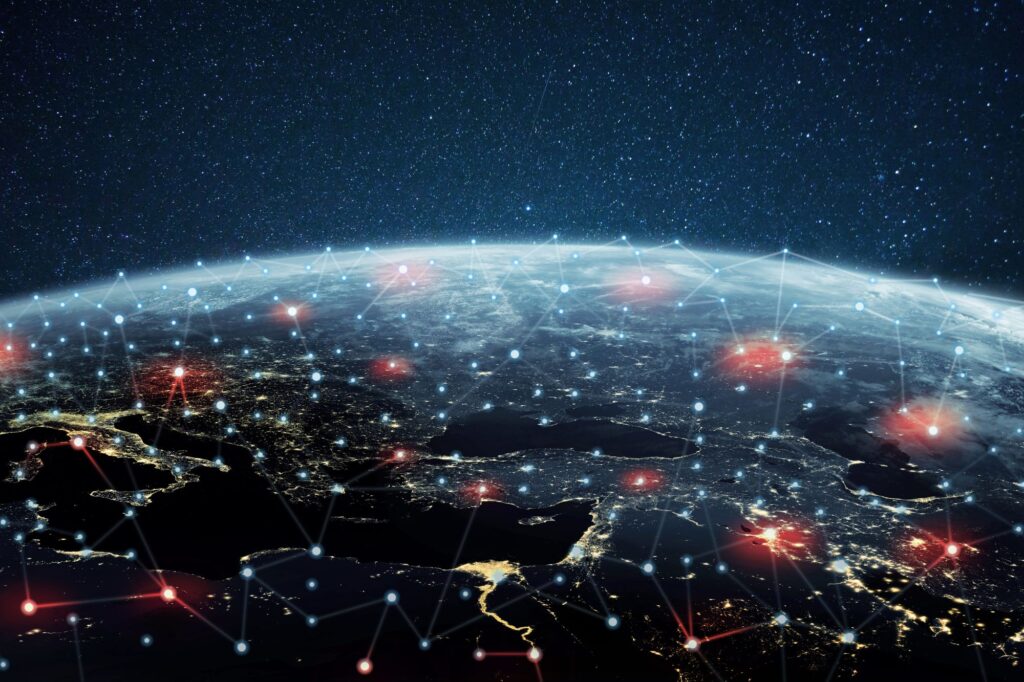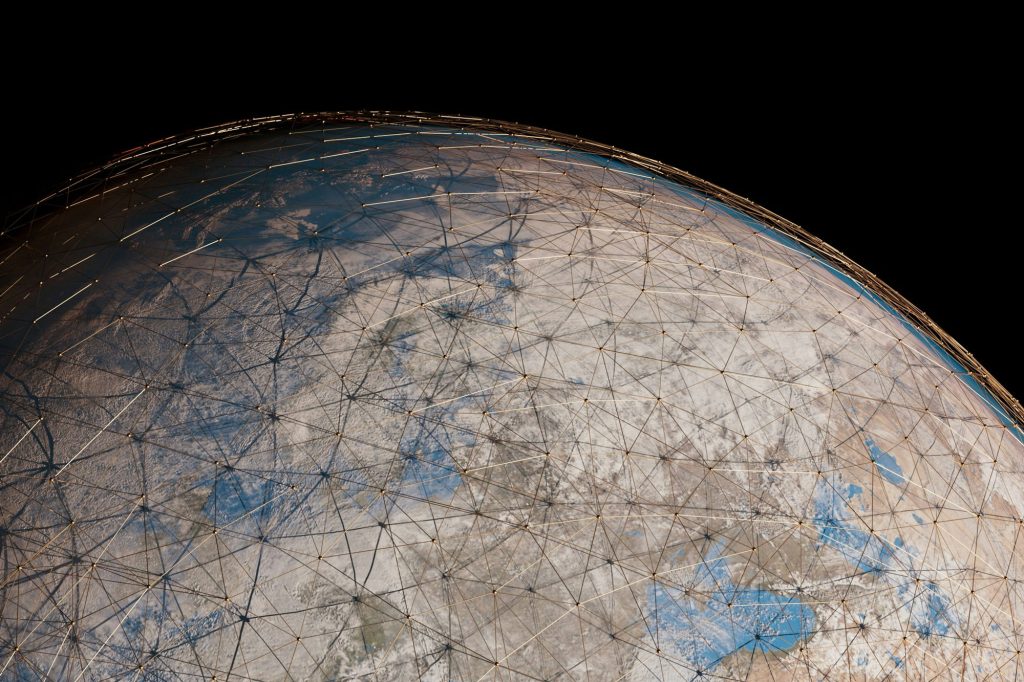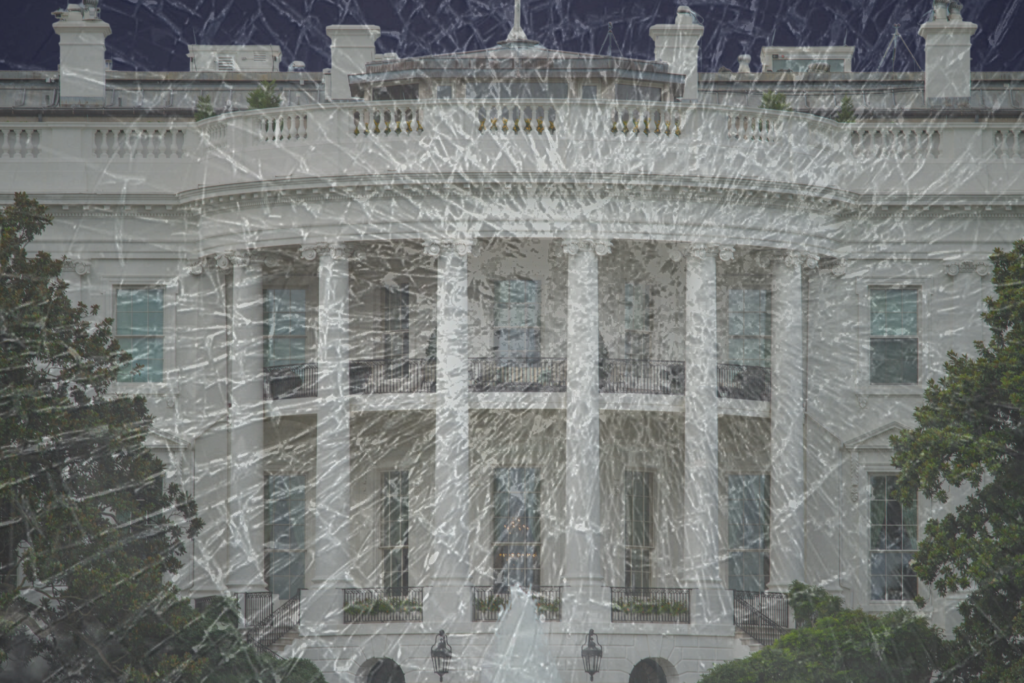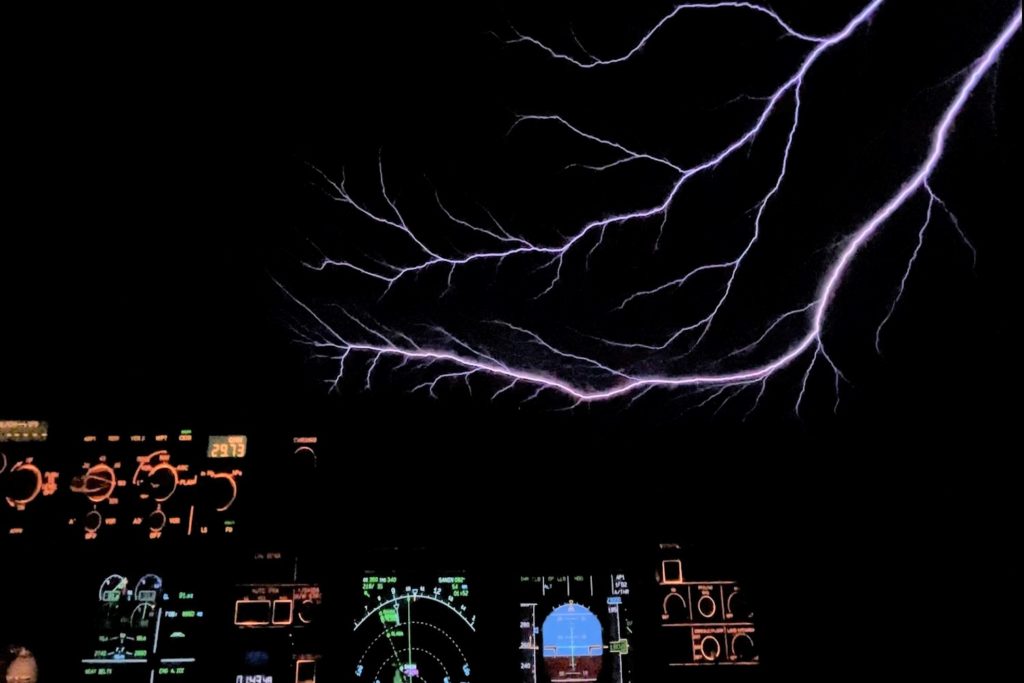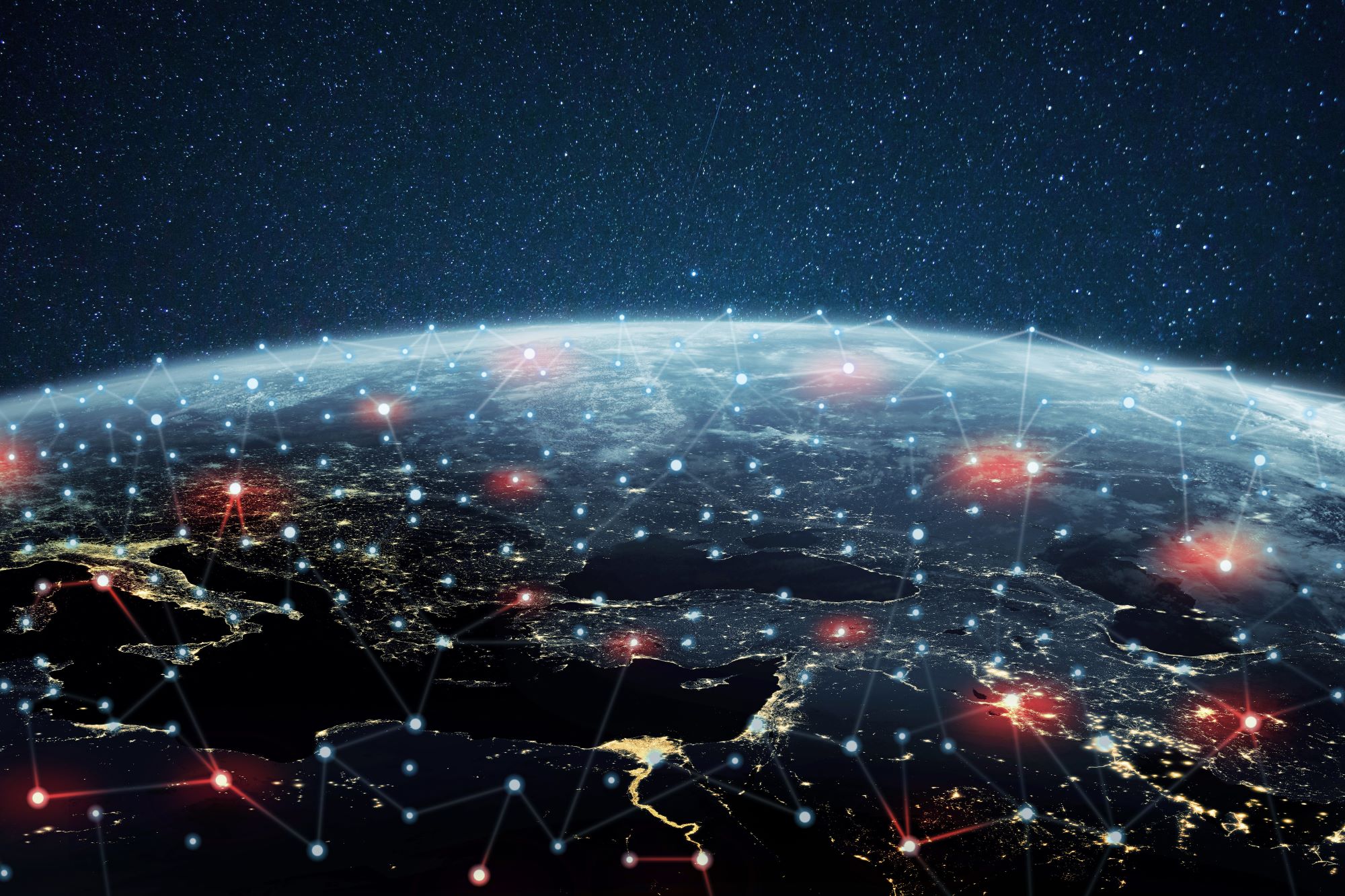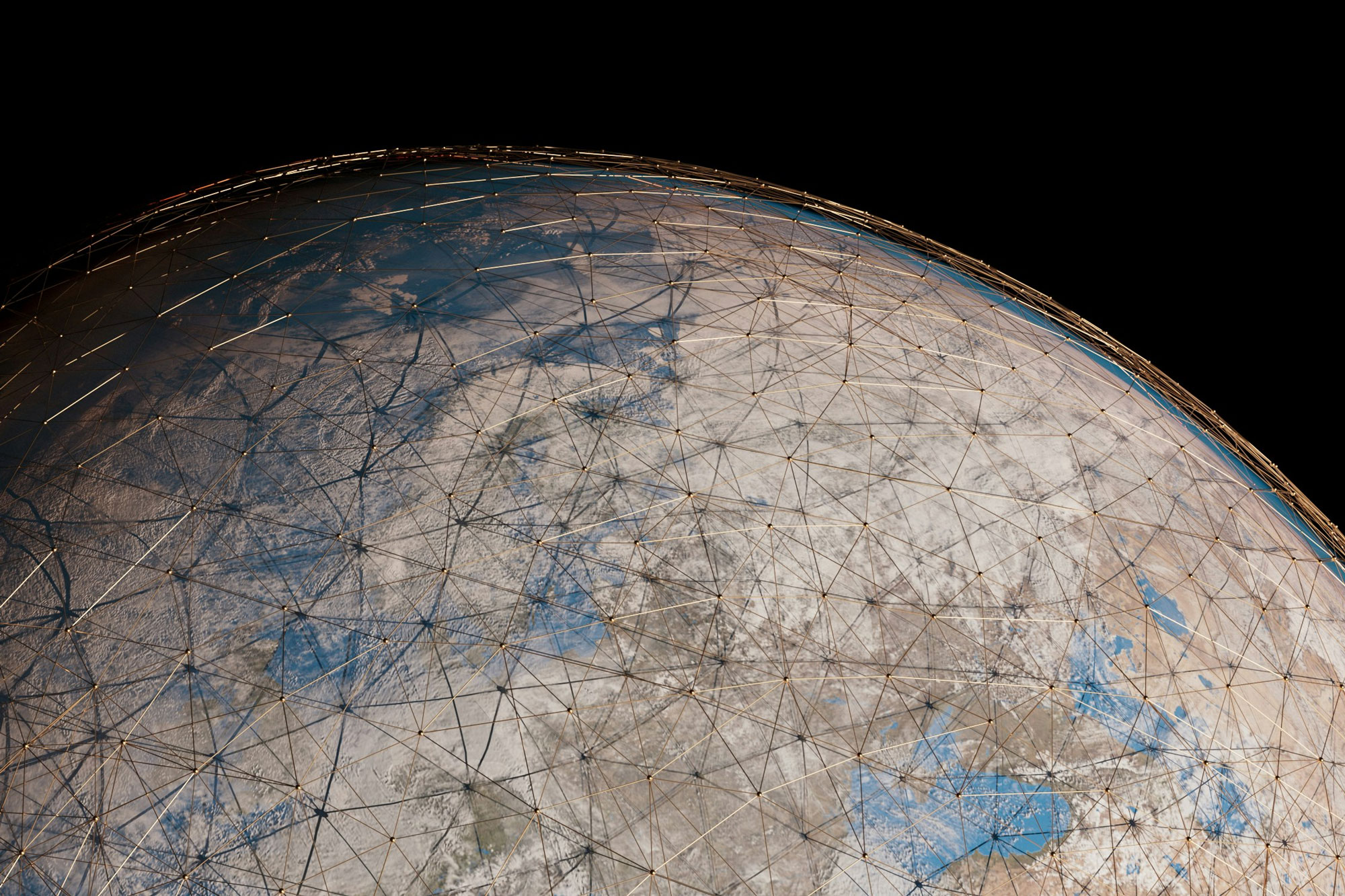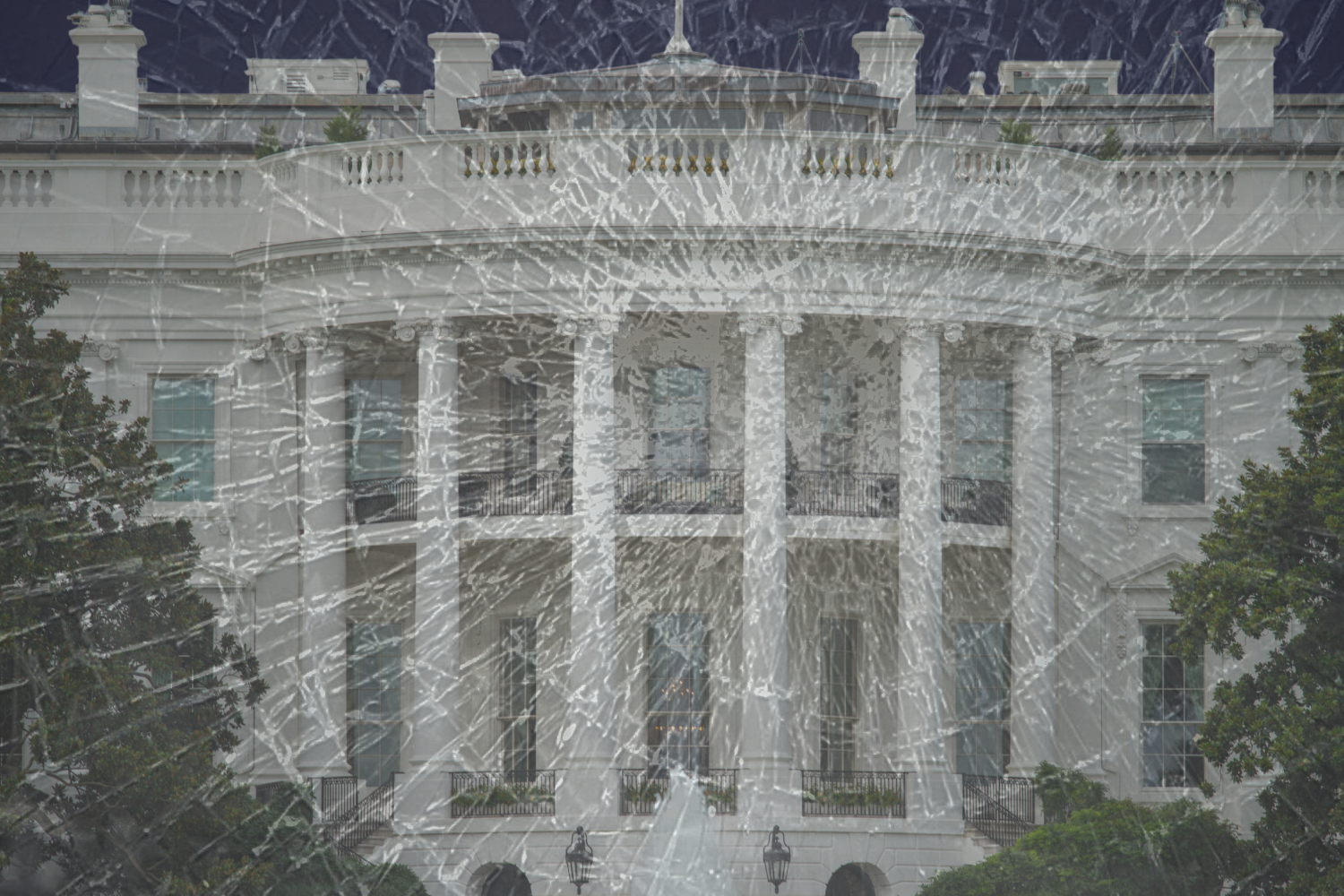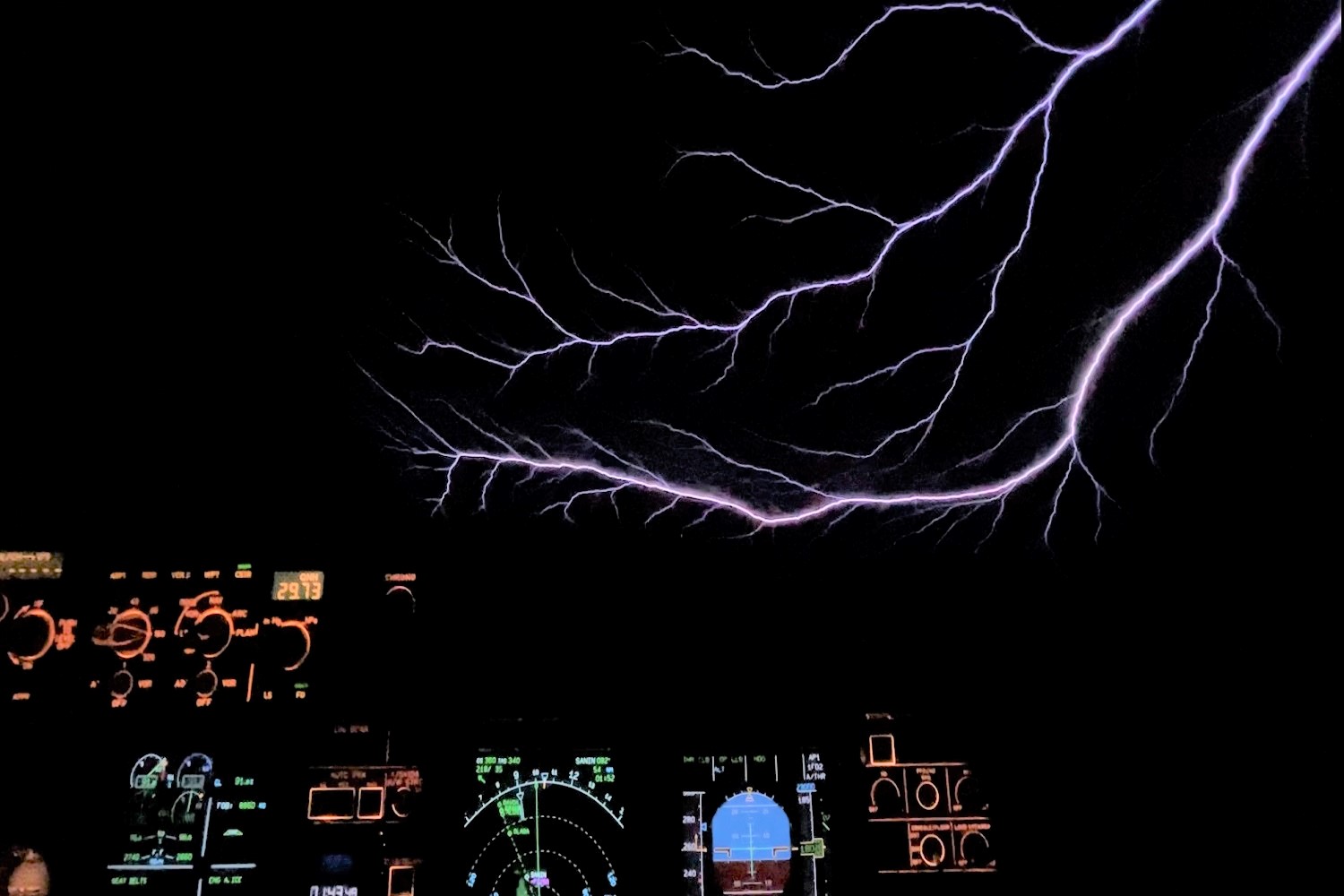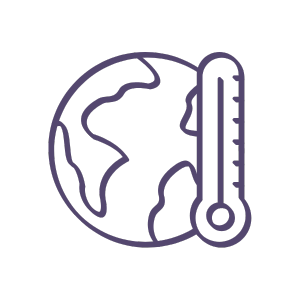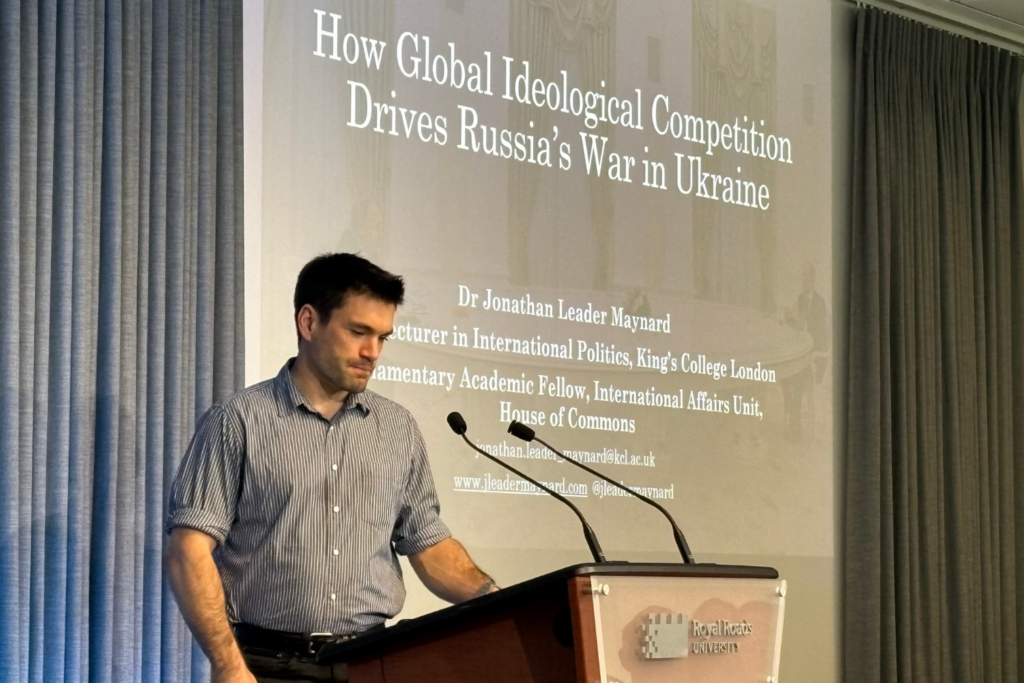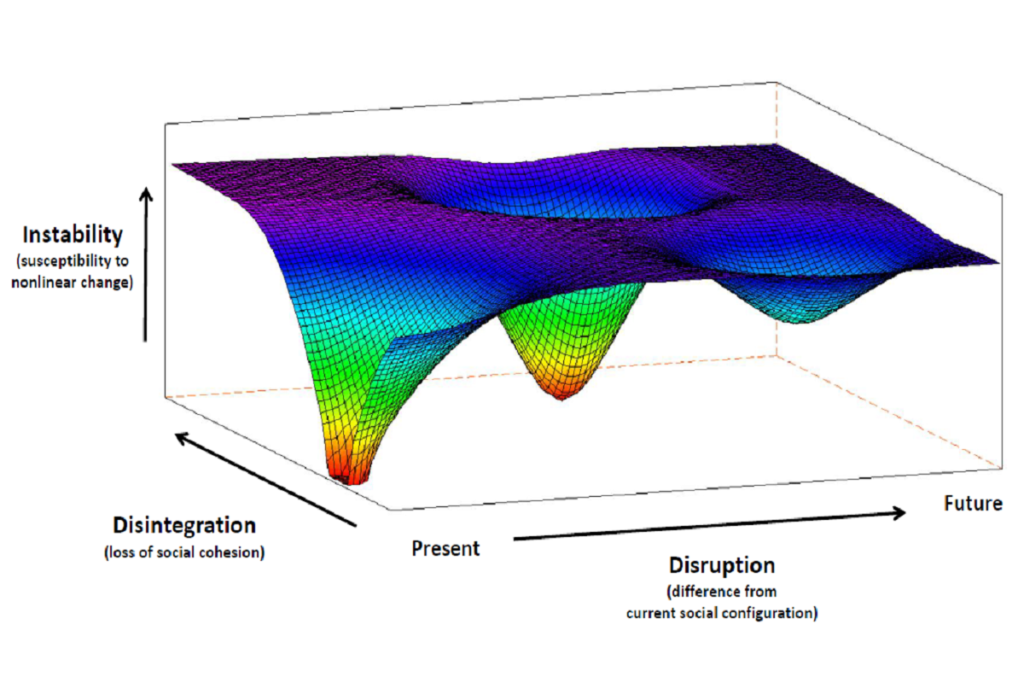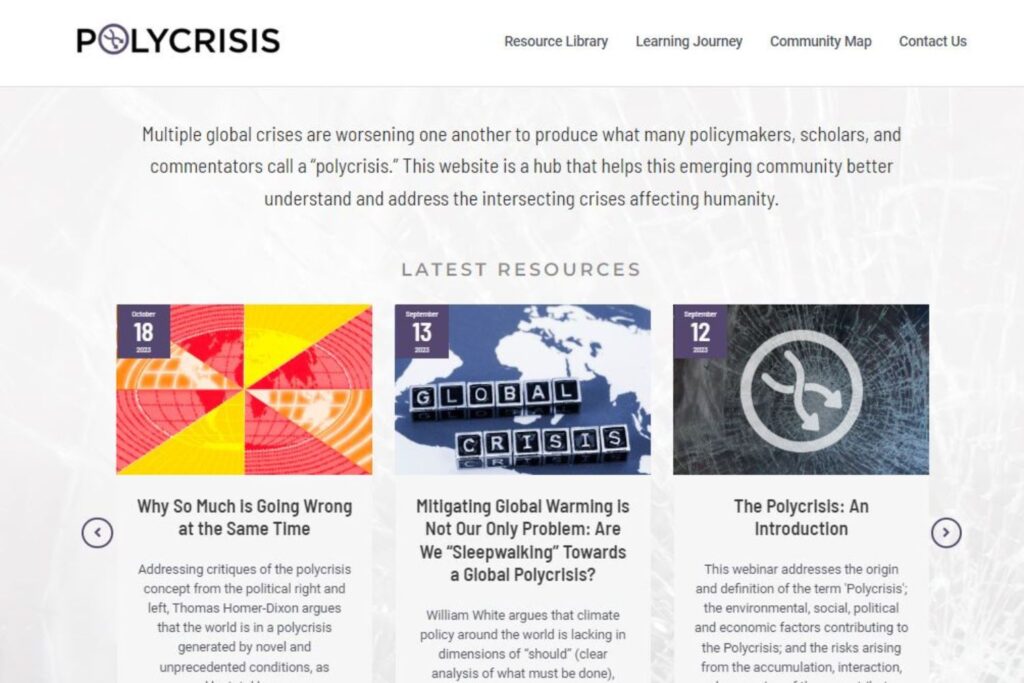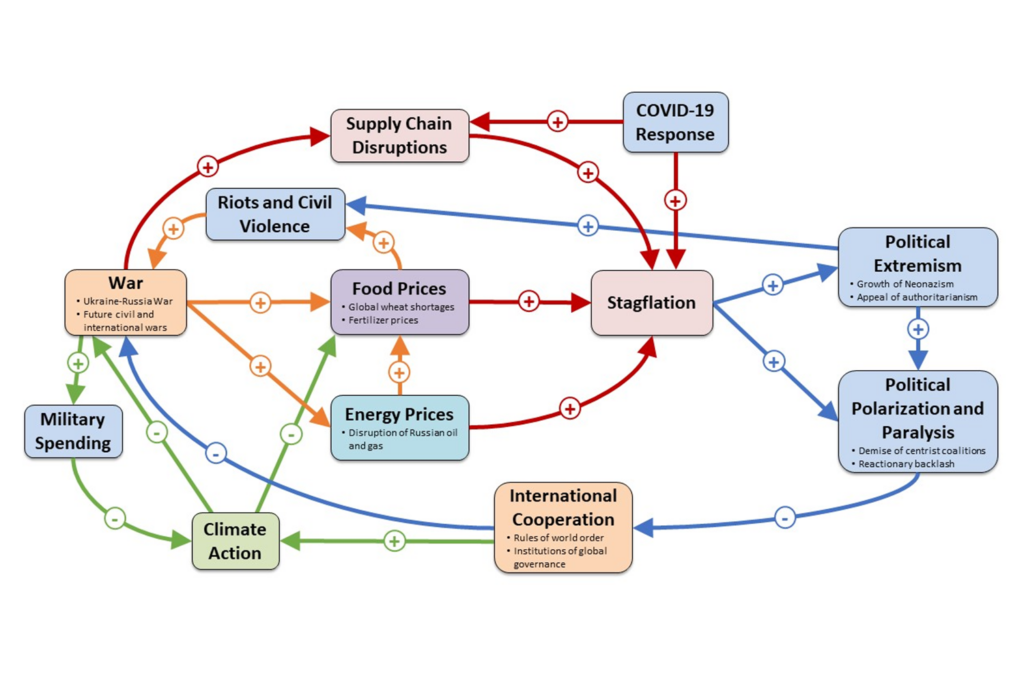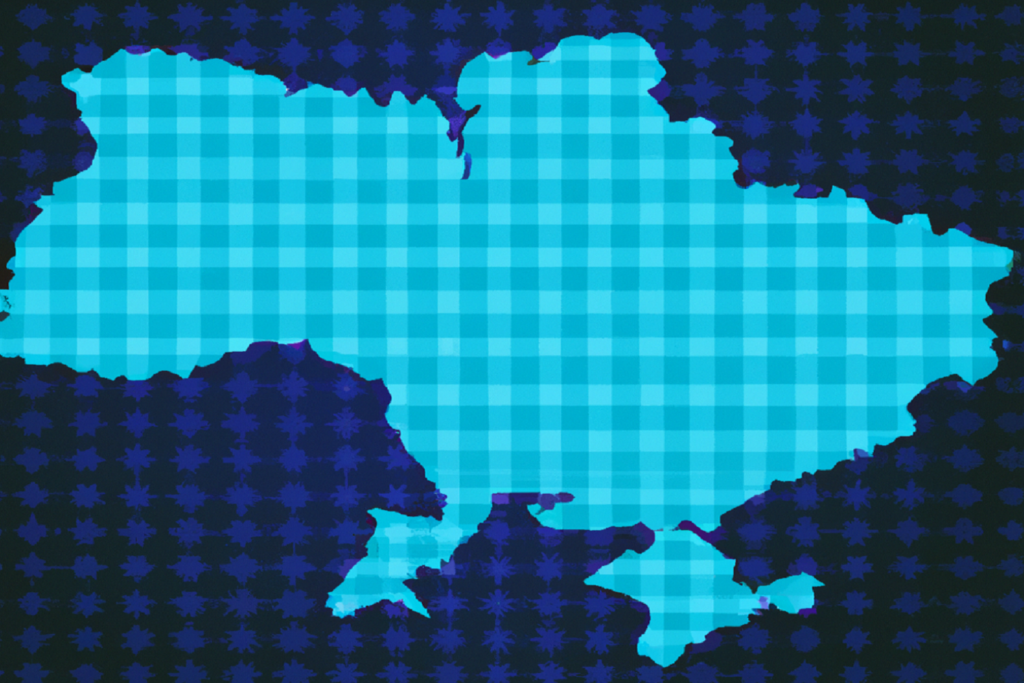“A global polycrisis occurs when crises in multiple global systems become causally entangled in ways that cause major human harm." – Lawrence et al., Global polycrisis: The causal mechanisms of crisis entanglement
Humanity now faces a set of global systemic risks — among them climate change, biodiversity loss, widening inequalities, pandemics, financial instability, political unrest — all influenced by long-running demographic trends.
The Cascade Institute’s Polycrisis program examines how today’s intersecting global crises are linked, how they amplify one another, and how this turbulent period could still be steered towards greater well-being.
A New Approach
Responding effectively requires a new, complexity-informed approach to policymaking: one that anticipates cascading failures across interconnected systems and integrates the best available knowledge about both known and emerging risks.
Our Polycrisis program scans the horizon for early warning signals and potential cross-system interactions, using novel modelling and analysis techniques. The team is developing the Polycrisis Core Model, a systems-mapping tool designed to explore plausible futures for the planet in 2040
The team engages governments, industry, civil society groups, and other frontline actors to understand how risks propagate and where interventions can have the most impact.
The Polycrisis Resource Hub
Cascade operates Polycrisis.org, a resource hub for understanding and addressing intersecting global risks.
Program Partners:
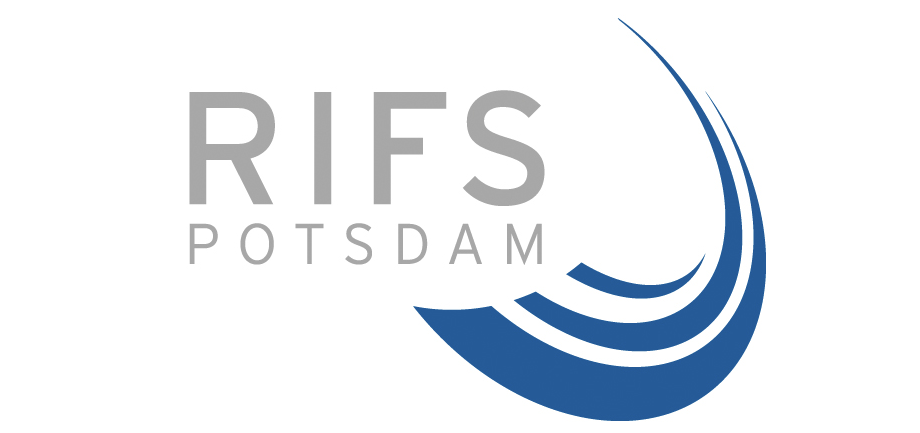
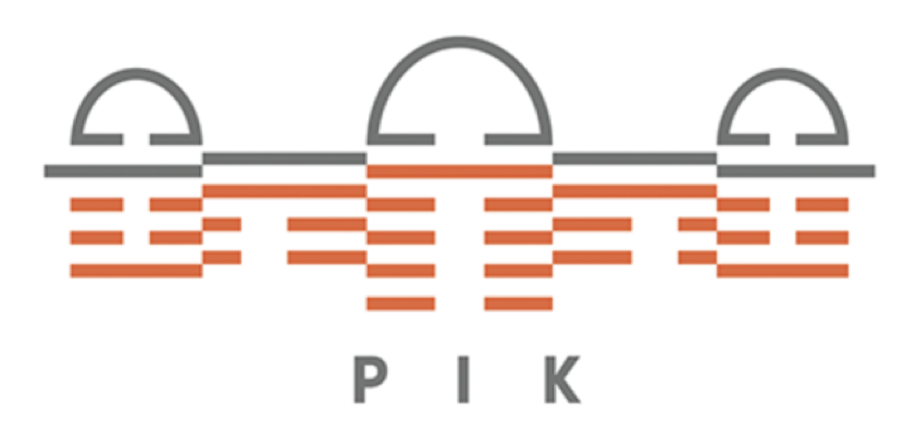
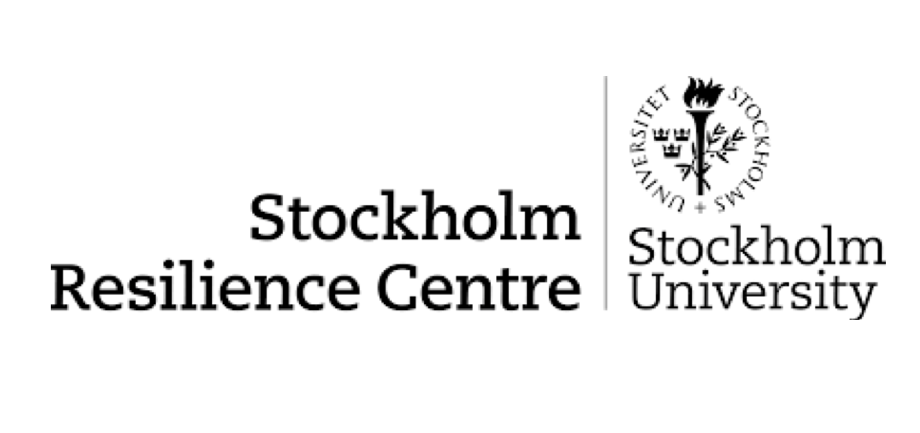
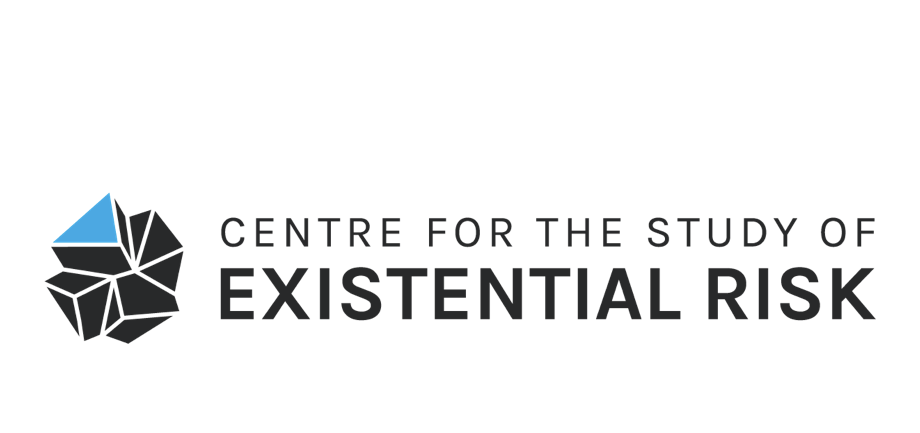

Published research
Global Systemic Stresses: Understanding the drivers of polycrisis
Polycrisis program
Michael Lawrence, Megan Shipman, and Chris Collins
A Global Risk Institute research report of the longer-term systemic stresses driving the polycrisis.
Global polycrisis: The causal mechanisms of crisis entanglement
Michael Lawrence, Thomas Homer-Dixon, Scott Janzwood, Johan Rockström, Ortwin Renn, and Jonathan F. Donges
A peer-reviewed paper, published in Cambridge University Press’s Global Sustainability journal, which defines the concept of global polycrisis and provides a theoretical framework to explain causal mechanisms currently entangling many of the world’s crises.
Impact 2024: How Donald Trump’s reelection could amplify global inter-systemic risk
Thomas Homer-Dixon, Michael Lawrence, Megan Shipman, Luke Kemp
A technical paper assessing how a second Trump administration could supercharge global political, economic, geopolitical, environmental, and pandemic risks and how those risks could combine to exacerbate the global polycrisis.
Polycrisis Research and Action Roadmap
Michael Lawrence, Megan Shipman, Scott Janzwood, Constantin Arnscheidt, Jonathan Donges, Thomas Homer-Dixon, Christian Otto, Pia-Johanna Schweizer, Nico Wunderling
This report offers a concise yet comprehensive snapshot of the emerging field of polycrisis analysis, including gaps, opportunities, and potential priorities.
Positive Pathways through Polycrisis
Michael Lawrence and Megan Shipman
A report exploring how polycrisis analysis can help us navigate through polycrisis and pursue “positive pathways” to better futures.
Causal Loop Diagrams Handbook
A handbook explaining how to read and draw a causal loop diagram, a systems-mapping technique for thinking through our mental model of a system and communicating our knowledge to others.
Introduction to Polycrisis Analysis
Michael Lawrence, Megan Shipman, and Thomas Homer-Dixon
An introduction to Cascade Institute’s framework for polycrisis analysis, intended to help governments, firms, and communities assess global risks and respond to emerging threats more effectively.
What is a global polycrisis?
Michael Lawrence, Scott Janzwood, and Thomas Homer-Dixon
A discussion paper that argues that the concept of “global polycrisis” provides a useful framework with which to understand and address major problems afflicting humanity today.
A call for an international research program on the risk of a global polycrisis
Thomas Homer-Dixon, Ortwin Renn, Johan Rockström, Jonathan F. Donges, and Scott Janzwood
A paper calling for a research program to investigate this moment’s seemingly sharp amplification, acceleration, and synchronization of systemic risks.
Max – a thought experiment: Could AI run the economy better than markets?
Edward A. (Ted) Parson
This paper explores how recent advances in AI have re-opened questions around the feasibility and desirability of central economic planning. It presents a thought experiment about how an AI-directed economy might work, based on a powerful AI agent (whimsically named “Max”).
Global Systemic Stresses: Understanding the drivers of polycrisis
Polycrisis program
Michael Lawrence, Megan Shipman, and Chris Collins
A Global Risk Institute research report of the longer-term systemic stresses driving the polycrisis.Global polycrisis: The causal mechanisms of crisis entanglement
Michael Lawrence, Thomas Homer-Dixon, Scott Janzwood, Johan Rockström, Ortwin Renn, and Jonathan F. Donges
A peer-reviewed paper, published in Cambridge University Press's Global Sustainability journal, which defines the concept of global polycrisis and provides a theoretical framework to explain causal mechanisms currently entangling many of the world’s crises.Impact 2024: How Donald Trump’s reelection could amplify global inter-systemic risk
Thomas Homer-Dixon, Michael Lawrence, Megan Shipman, Luke Kemp
A technical paper assessing how a second Trump administration could supercharge global political, economic, geopolitical, environmental, and pandemic risks and how those risks could combine to exacerbate the global polycrisis.Polycrisis Research and Action Roadmap
Michael Lawrence, Megan Shipman, Scott Janzwood, Constantin Arnscheidt, Jonathan Donges, Thomas Homer-Dixon, Christian Otto, Pia-Johanna Schweizer, Nico Wunderling
This report offers a concise yet comprehensive snapshot of the emerging field of polycrisis analysis, including gaps, opportunities, and potential priorities.Positive Pathways through Polycrisis
Michael Lawrence and Megan Shipman
A report exploring how polycrisis analysis can help us navigate through polycrisis and pursue "positive pathways" to better futures.Causal Loop Diagrams Handbook
Introduction to Polycrisis Analysis
Michael Lawrence, Megan Shipman, and Thomas Homer-Dixon
An introduction to Cascade Institute’s framework for polycrisis analysis, intended to help governments, firms, and communities assess global risks and respond to emerging threats more effectively.What is a global polycrisis?
Michael Lawrence, Scott Janzwood, and Thomas Homer-Dixon
A discussion paper that argues that the concept of “global polycrisis” provides a useful framework with which to understand and address major problems afflicting humanity today.A call for an international research program on the risk of a global polycrisis
Thomas Homer-Dixon, Ortwin Renn, Johan Rockström, Jonathan F. Donges, and Scott Janzwood
A paper calling for a research program to investigate this moment’s seemingly sharp amplification, acceleration, and synchronization of systemic risks.Max – a thought experiment: Could AI run the economy better than markets?
Edward A. (Ted) Parson
This paper explores how recent advances in AI have re-opened questions around the feasibility and desirability of central economic planning. It presents a thought experiment about how an AI-directed economy might work, based on a powerful AI agent (whimsically named “Max”).Global Systemic Stresses
A preliminary list of 12 global systemic stresses visible in the world today, which create systemic risks, contribute to the present polycrisis, and are likely to generate additional crises in the near future.
Polycrisis News & Views
Canada must consider the risk of U.S. coercion
Thomas Homer-Dixon and Adam Gordon
The Globe and Mail
Canadians must confront the new reality that the U.S. could use military coercion against Canada, argues a Globe and Mail op-ed co-authored by Cascade Institute Executive Director Thomas Homer-Dixon and Adam Gordon, an affiliated Cascade researcher and former legal adviser to Canada’s Minister of Foreign Affairs.
Welcome to the Polycene
Thomas Friedman
The New York Times
The Polycene, Friedman writes, “will be the first era in which humanity must govern, innovate, collaborate and coexist at a planetary scale in order to thrive.”
Crisis and resilience: An interview with Thomas Homer-Dixon
Scott Douglas Jacobsen
Insight Publishing
How complexity science can help us make sense of today’s interconnected global challenges.
AI disruption points to higher taxes on big tech
Christopher Collins and Matt Gerken
Investment Week
AI’s disruption of jobs will spur governments to raise taxes on Big Tech to support displaced workers.
Anti-democratic ‘Dark Enlightenment’ ideas have spread from Silicon Valley to Washington
Christopher Collins
The Globe and Mail
A spotlight on the growing influence of the anti-democratic ‘Dark Enlightenment’ philosophy among U.S. tech and political elites and its potential consequences for Canada.
If you want peace, prepare for war—an ancient lesson Canada must remember
Thomas Homer-Dixon
The Globe and Mail
President Trump’s threats to Canadian sovereignty demand a serious response.
Governing in a complex world series: Explaining the global polycrisis
Thomas Homer-Dixon
Canada School of Public Service
The impacts of a global polycrisis on governance systems and the Government of Canada.
Understanding the ideological drivers of Russia’s war in Ukraine
Jonathan Leader Maynard
Cascade Institute Speaker Series
The critical role of ideology in Russia’s war against Ukraine.
Trump Redux: Why the returning president is likely to become one of history’s most consequential figures
Thomas Homer-Dixon
The Globe and Mail
As “reconfigurer-in-chief,” Donald Trump will be a world-historical figure.
Can we prevent Trump 2.0 from spiralling into catastrophe?
Megan Shipman and Michael Lawrence
The Globe and Mail
Donald Trump could activate vicious cycles in global systems and propel calamities that long outlive his second term.
Why so much is going wrong at the same time
Thomas Homer-Dixon
Vox
The world is in a polycrisis generated by novel and unprecedented conditions.
Getting to enough
Presentation by Thomas Homer-Dixon
A graphical illustration of the dilemma that’s destroying our world—and how we’re going to solve it.
A hub for the growing polycrisis community
Megan Shipman and Scott Janzwood
Polycrisis program announcement
Polycrisis.org: A hub for a the polycrisis community to converge on priorities for research and action.
Mapping the global systemic consequences of the Ukraine-Russia war
Systems map by Michael Lawrence
A systems diagram charting the knock-on effects of the Ukraine-Russia War — and the vicious cycles that are emerging from them.
What happens when a cascade of crises collide?
<h
Thomas Homer-Dixon and Johan Rockström
The New York Times
Today’s mess is best understood as a global polycrisis—a term which implies that humanity is dealing with a complex knot of seemingly distinct but actually deeply entangled crises.
Instead of lurching from one catastrophe to the next, B.C. needs to understand how its crises are linked
Thomas Homer-Dixon and Robin Cox
The Globe and Mail
We need to improve how we marshal, integrate, apply and communicate the best knowledge about B.C.’s emerging risks – those known and anticipated, as well as those unexpected and even currently unimaginable.
The global systemic consequences of the Ukraine-Russia War: Part I
Cascade Institute
Ukraine-Russia War Expert Panel
The first briefing of the Ukraine-Russia War Expert Panel

